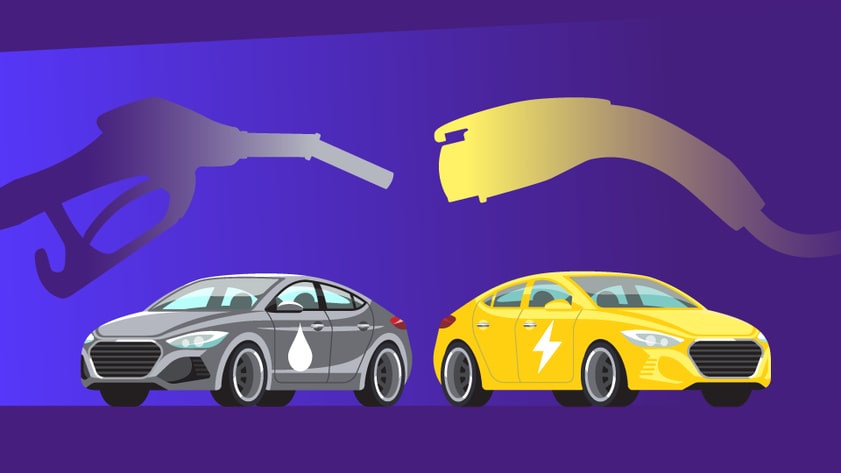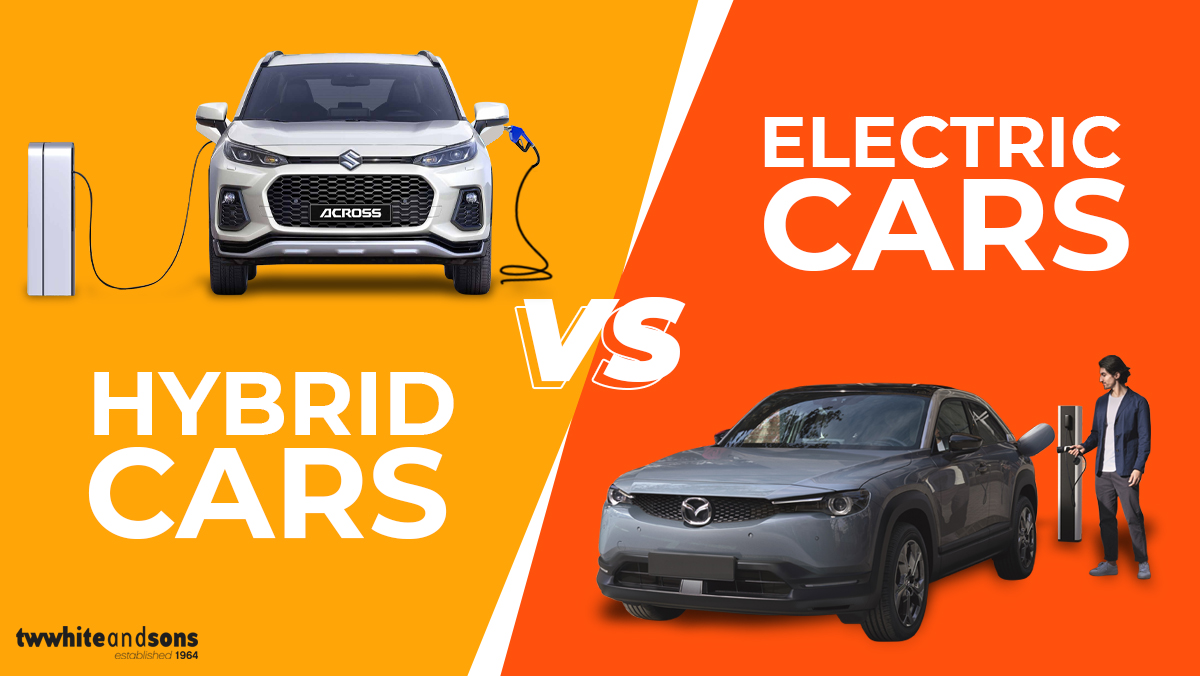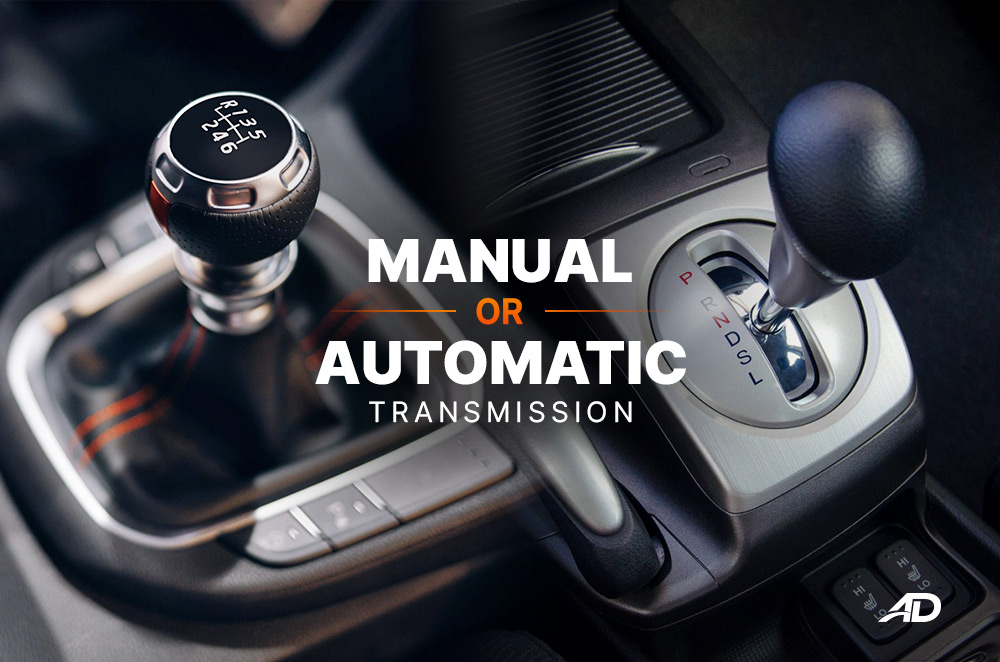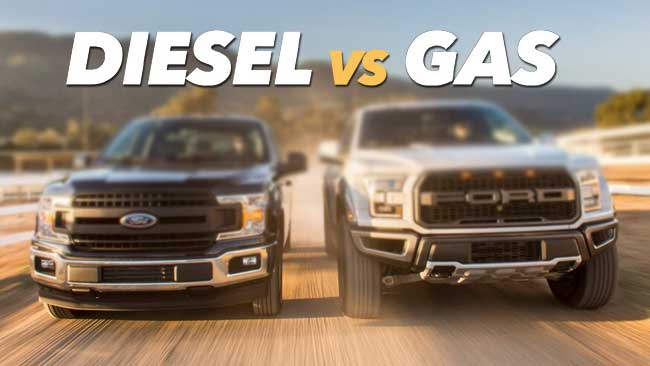-
Table of Contents
- Analyzing the Maintenance Requirements of Hybrid vs Electric Cars
- Investigating the Performance of Hybrid vs Electric Cars
- Examining the Environmental Impact of Hybrid vs Electric Cars
- Comparing the Cost of Ownership of Hybrid vs Electric Cars
- Exploring the Pros and Cons of Hybrid vs Electric Cars
- Conclusion
Analyzing the Maintenance Requirements of Hybrid vs Electric Cars

The automotive industry is rapidly evolving, and the introduction of hybrid and electric cars has changed the way we think about transportation. As more and more drivers switch to these alternative fuel sources, it’s important to understand the differences in maintenance requirements between hybrid and electric cars.
Hybrid cars are powered by both a gasoline engine and an electric motor. The gasoline engine is used to charge the battery, which then powers the electric motor. This type of car requires regular maintenance, such as oil changes, tire rotations, and brake inspections. Additionally, the battery needs to be checked periodically to ensure it is functioning properly.
Electric cars, on the other hand, are powered solely by an electric motor. This type of car requires less maintenance than a hybrid car, as there is no need to change the oil or rotate the tires. However, the battery needs to be checked regularly to ensure it is functioning properly. Additionally, the brakes should be inspected periodically to ensure they are in good condition.
Overall, both hybrid and electric cars require regular maintenance to ensure they are running properly. However, electric cars require less maintenance than hybrid cars, as they do not need oil changes or tire rotations. It is important to understand the differences in maintenance requirements between these two types of cars in order to make an informed decision when purchasing a vehicle.
Investigating the Performance of Hybrid vs Electric Cars

The debate between hybrid and electric cars has been ongoing for some time now, and it can be difficult to decide which type of car is best for you. In this blog post, we will investigate the performance of hybrid and electric cars to help you make an informed decision.
Hybrid cars are powered by both a gasoline engine and an electric motor. The gasoline engine is used to power the car, while the electric motor helps to reduce emissions and improve fuel efficiency. Hybrid cars are generally more fuel-efficient than traditional gasoline-powered cars, and they can be a great choice for those who want to reduce their carbon footprint.
Electric cars, on the other hand, are powered solely by electricity. They are much more efficient than gasoline-powered cars, and they produce zero emissions. Electric cars are also much quieter than gasoline-powered cars, making them a great choice for those who want to reduce noise pollution.
When it comes to performance, both hybrid and electric cars have their advantages and disadvantages. Hybrid cars are generally more fuel-efficient than electric cars, but they can be more expensive to purchase and maintain. Electric cars, on the other hand, are much more efficient than hybrid cars, but they can be more expensive to purchase and require more frequent charging.
Overall, both hybrid and electric cars have their advantages and disadvantages. It is important to consider your budget, lifestyle, and environmental goals when deciding which type of car is best for you. Hybrid cars are a great choice for those who want to reduce their carbon footprint and save money on fuel costs, while electric cars are a great choice for those who want to reduce noise pollution and save money on fuel costs.
Examining the Environmental Impact of Hybrid vs Electric Cars

The debate between hybrid and electric cars has been ongoing for some time now, and it is important to consider the environmental impact of each option. While both types of vehicles are more eco-friendly than traditional gasoline-powered cars, there are some key differences between the two that should be taken into account.
Hybrid cars are powered by a combination of gasoline and electricity. The gasoline engine is used to generate electricity, which is then used to power the car. This type of vehicle is more fuel-efficient than traditional gasoline-powered cars, as it uses less fuel to generate the same amount of power. Additionally, hybrid cars produce fewer emissions than gasoline-powered cars, making them a more eco-friendly option.
Electric cars, on the other hand, are powered solely by electricity. This means that they do not produce any emissions, making them the most environmentally friendly option. However, electric cars are not as fuel-efficient as hybrid cars, as they require more electricity to generate the same amount of power. Additionally, electric cars require more energy to charge, which can be a significant expense for some drivers.
When it comes to the environmental impact of hybrid and electric cars, it is important to consider both the fuel efficiency and emissions of each option. Hybrid cars are more fuel-efficient than traditional gasoline-powered cars, and they produce fewer emissions. However, electric cars are the most eco-friendly option, as they produce no emissions and require less energy to charge. Ultimately, the decision between hybrid and electric cars should be based on the individual’s needs and budget.
Comparing the Cost of Ownership of Hybrid vs Electric Cars

The debate between electric and hybrid cars has been ongoing for some time now. With the rise of electric vehicles, many people are wondering which type of car is the best option for them. While both types of cars have their advantages and disadvantages, one of the most important factors to consider is the cost of ownership. In this blog post, we will compare the cost of ownership of hybrid vs electric cars to help you make an informed decision.
When it comes to the initial cost of the car, electric vehicles tend to be more expensive than hybrids. This is due to the fact that electric cars require more expensive components, such as batteries and motors, than hybrids do. However, electric cars can be more cost-effective in the long run due to their lower fuel costs. Electric cars require no gasoline, so you can save money on fuel costs over time.
When it comes to maintenance costs, hybrids tend to be more expensive than electric cars. This is because hybrids require more frequent oil changes and other maintenance tasks than electric cars do. Additionally, hybrids require more frequent brake repairs due to their heavier weight. On the other hand, electric cars require less frequent maintenance, as they have fewer moving parts than hybrids.
Finally, when it comes to insurance costs, electric cars tend to be more expensive than hybrids. This is because electric cars are more expensive to repair and replace than hybrids. Additionally, electric cars are more likely to be stolen due to their higher value.
Overall, when it comes to the cost of ownership, electric cars tend to be more expensive than hybrids. However, electric cars can be more cost-effective in the long run due to their lower fuel costs and less frequent maintenance needs. Ultimately, the decision between a hybrid and an electric car should be based on your individual needs and budget.
Exploring the Pros and Cons of Hybrid vs Electric Cars
The debate between hybrid and electric cars has been ongoing for some time now, and it can be difficult to decide which type of vehicle is right for you. To help you make an informed decision, we’ve put together a list of the pros and cons of both hybrid and electric cars.
Pros of Hybrid Cars
Hybrid cars are powered by both a gasoline engine and an electric motor, which makes them more fuel-efficient than traditional gasoline-powered cars. This means that you’ll be able to save money on fuel costs over time. Additionally, hybrid cars are typically more affordable than electric cars, making them a great option for those on a budget.
Cons of Hybrid Cars
The main downside of hybrid cars is that they are not as environmentally friendly as electric cars. While they do produce fewer emissions than traditional gasoline-powered cars, they still produce some emissions. Additionally, hybrid cars require regular maintenance, such as oil changes and battery replacements, which can be costly.
Pros of Electric Cars
Electric cars are powered solely by electricity, which makes them much more environmentally friendly than hybrid or gasoline-powered cars. Additionally, electric cars require less maintenance than hybrid cars, as they don’t need oil changes or battery replacements. Finally, electric cars are typically more expensive than hybrid cars, but they can save you money in the long run due to their lower fuel costs.
Cons of Electric Cars
The main downside of electric cars is that they are not as widely available as hybrid cars. Additionally, electric cars require a charging station, which can be difficult to find in some areas. Finally, electric cars can be expensive to purchase, and their batteries can be costly to replace.
Ultimately, the decision between hybrid and electric cars comes down to your individual needs and preferences. If you’re looking for a more affordable option, a hybrid car may be the right choice for you. However, if you’re looking for a more environmentally friendly option, an electric car may be the better choice.
Conclusion
In conclusion, hybrid cars and electric cars both offer a great way to reduce emissions and save money on fuel costs. Hybrid cars are powered by both a gasoline engine and an electric motor, while electric cars are powered solely by an electric motor. Hybrid cars are typically more expensive than electric cars, but they offer better fuel economy and more power. Electric cars are cheaper and require less maintenance, but they have a limited range and take longer to charge. Ultimately, the choice between a hybrid car and an electric car depends on the individual’s needs and preferences.









